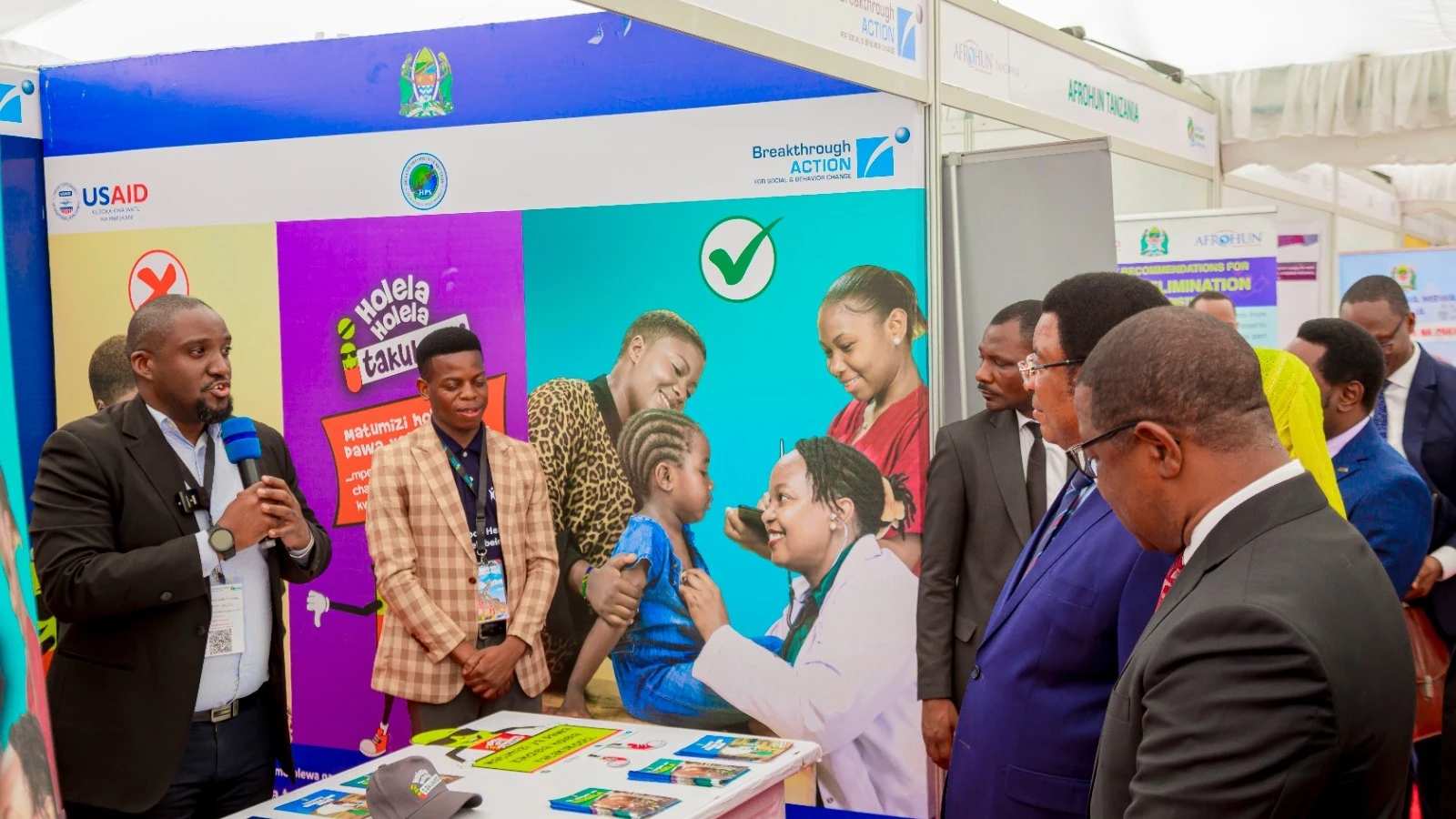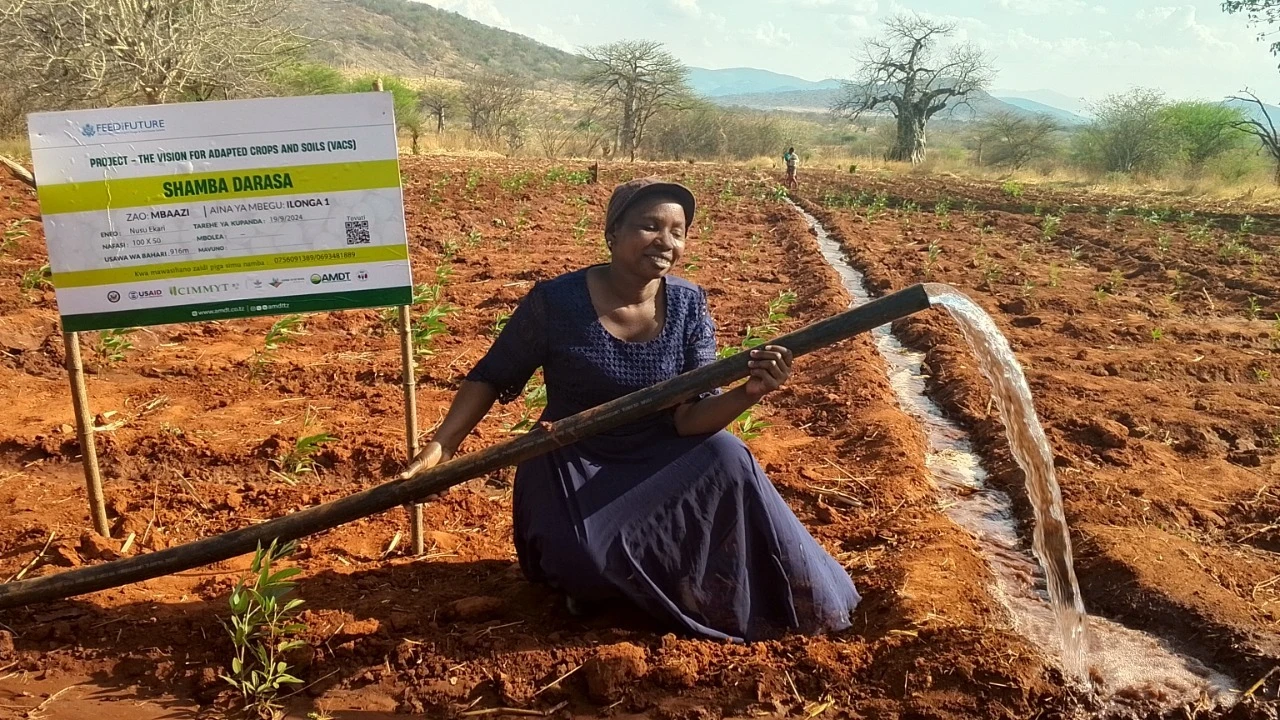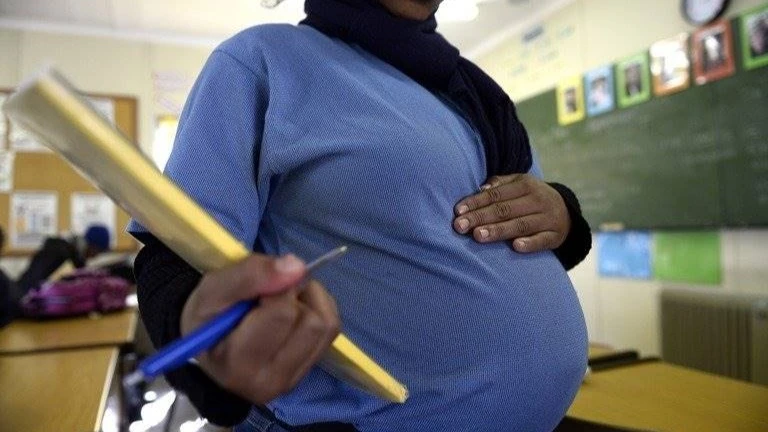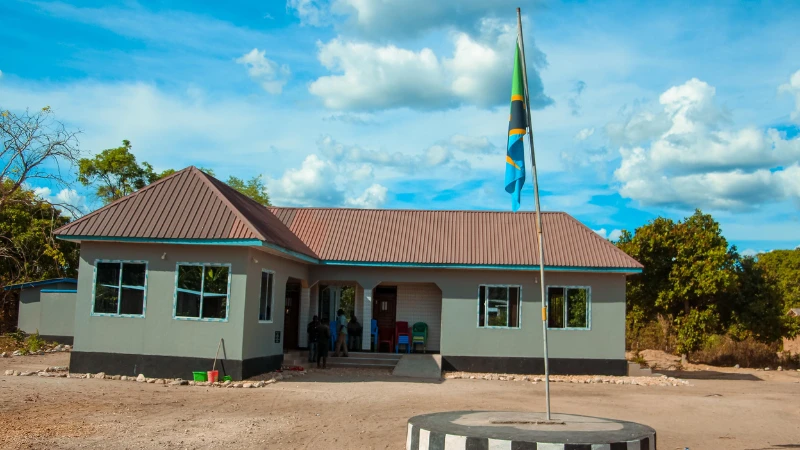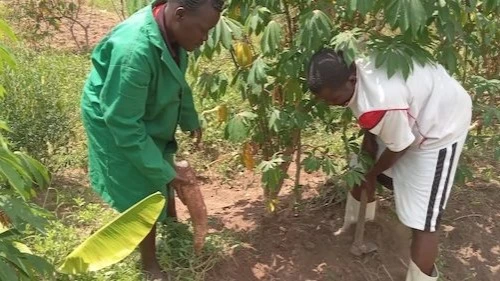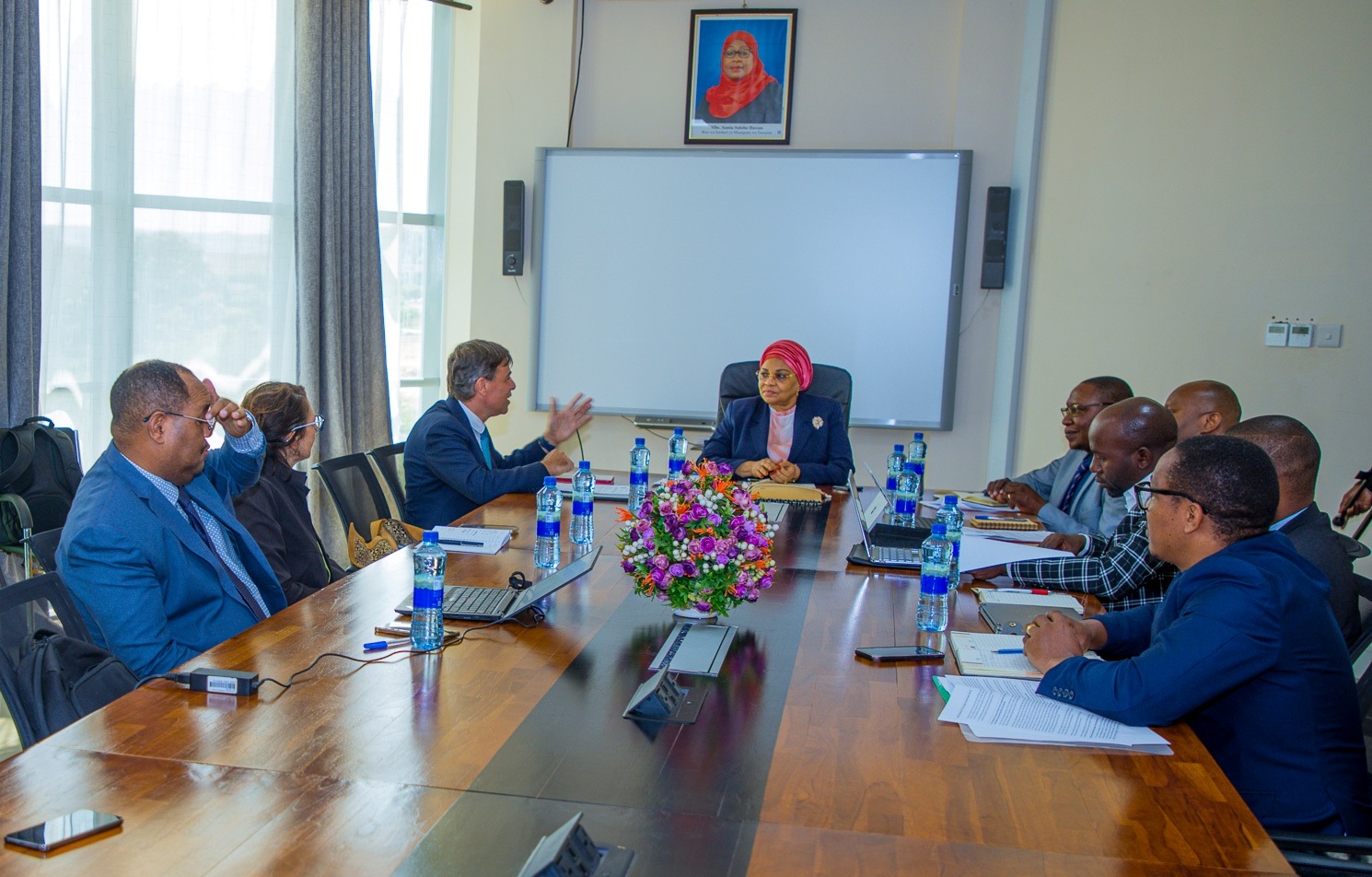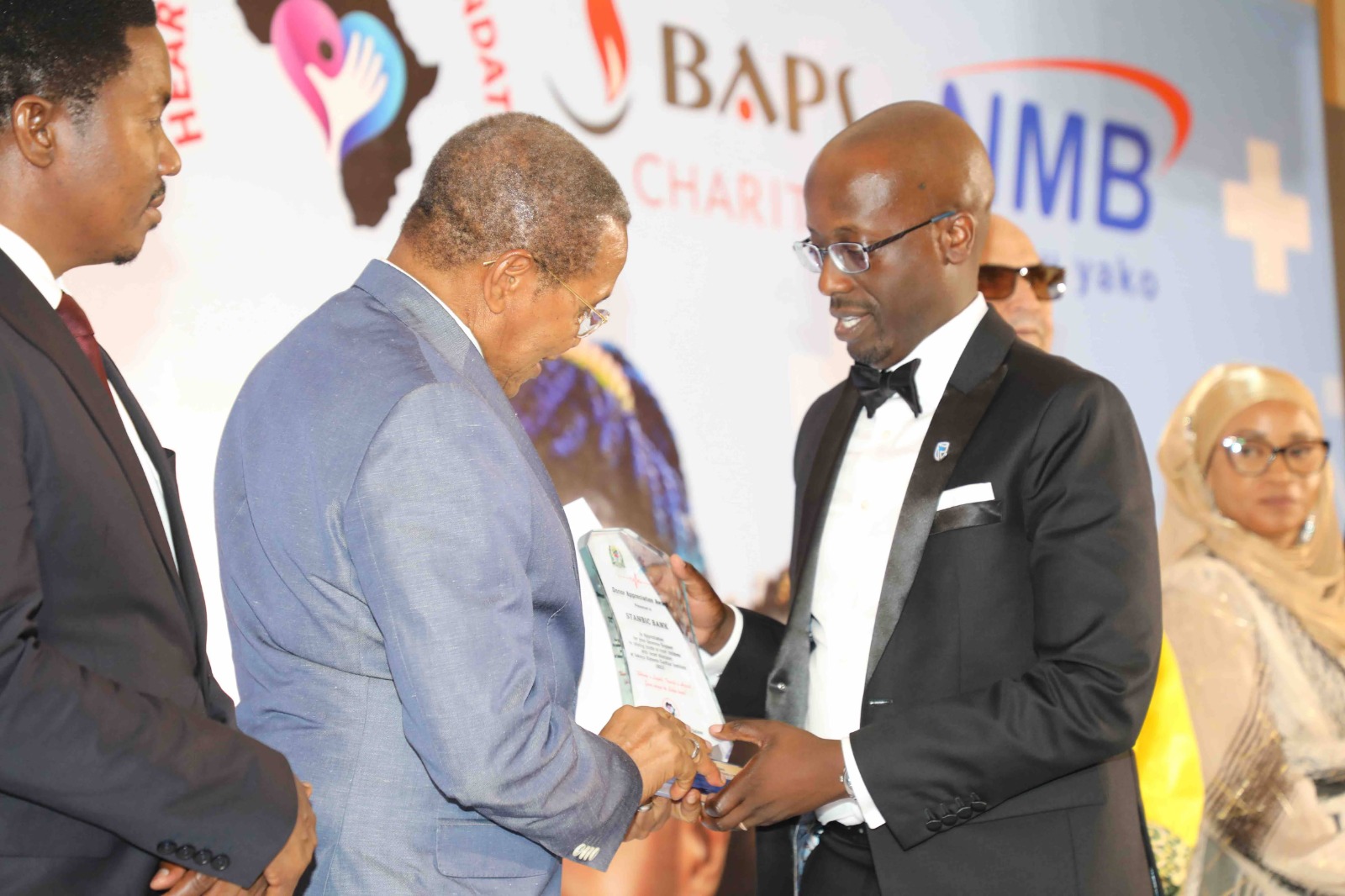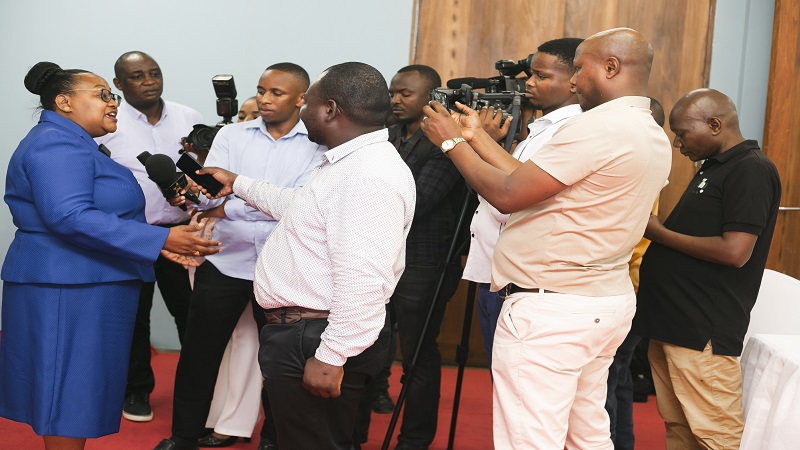‘Africa losing $50bn yearly to corruption’
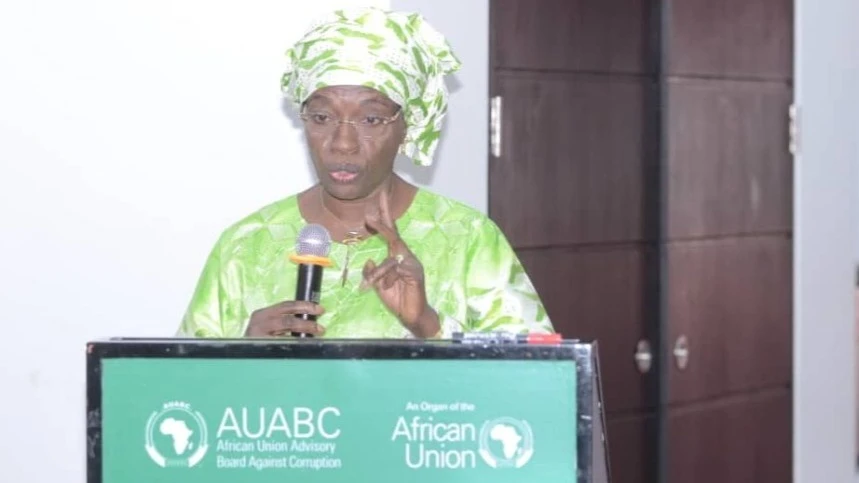
AFRICA is losing more than $50bn every year due to corruption, an African Union expert has declared.
Seynabou Diakhate, the AU Advisory Board on Corruption (AUABC) chairperson, made this observation at the 8th African anti-corruption dialogue, profiling the staggering financial drain.
The fight against graft on the continent faces significant obstacles, particularly the lack of effective whistleblowing mechanisms, despite that whistleblowing has always been an essential aspect of anti-corruption efforts, she stated.
Corruption prevents Africa from claiming its rightful place on the global stage, she asserted, pointing at key articles in the African Union Convention on Preventing and Combating Corruption.
Article 5(5) mandates state parties to adopt measures to protect whistleblowers, including safeguarding the confidentiality of their identities, she said, also referencing Article 5(6), underscoring the need for systems that enable citizens to report corruption without fear of retaliation or punishment.
The dialogue is anchored under the theme of effective whistle-blower protection mechanisms as a critical tool in the fight against corruption, an event has brought together government officials, civil society organizations, research institutions, universities and media representatives from across the continent.
Esther Mnaro, a member of the Pan African Lawyers Union (PALU) representing non-state actors, highlighted Africa’s financial struggles due to corruption.
“Africa is a net creditor to the world, but this is all a consequence of corruption,” she stated, emphasising that if it weren’t for corruption, Africa would not need to borrow funds from developed nations.
Financial losses from corruption on the continent are equivalent to total loans African countries receive from abroad each year, she specified, while pointing at the grave dangers faced by whistleblowers.
They are often the continent's best defense against corruption, even as many have paid with their lives for daring to speak out against corrupt practices, she said, stressing the need for stronger protections.
Neema Mwakalyelye, the Prevention and Combating of Corruption Bureau (PCCB) deputy director general, stated the case for stronger protections in relation to whistleblowers and witnesses.
Participants from other countries shared experiences and challenges in ensuring the safety of those who report corruption, with the first panel discussion focusing on the legal frameworks, institutional structures and standards needed to create effective whistle-blower protection mechanisms.
The session was moderated by Kwami Senanu, an AUABC member, while the Panelists included AUABC executive secretary Charity Nchimunya, Pretoria UNODC regional office head Tersia Lewis, plus the financial and enterprise affairs head at the Organisation for Economic cooperation and Development (OECD) Nicolas Pinaud.
Yet another was Louis Vlavonou, an MP in Benin who heads the Network of African Parliamentarians Against Corruption (APNAC-Afrique).
The African Union Convention adopted in 2003, has been significantly used in addressing corruption. However, an ongoing review process has identified challenges that still need to be addressed to improve implementation, where the panel review also suggested areas of focus to better achieve the convention's objectives.
Top Headlines
© 2024 IPPMEDIA.COM. ALL RIGHTS RESERVED








